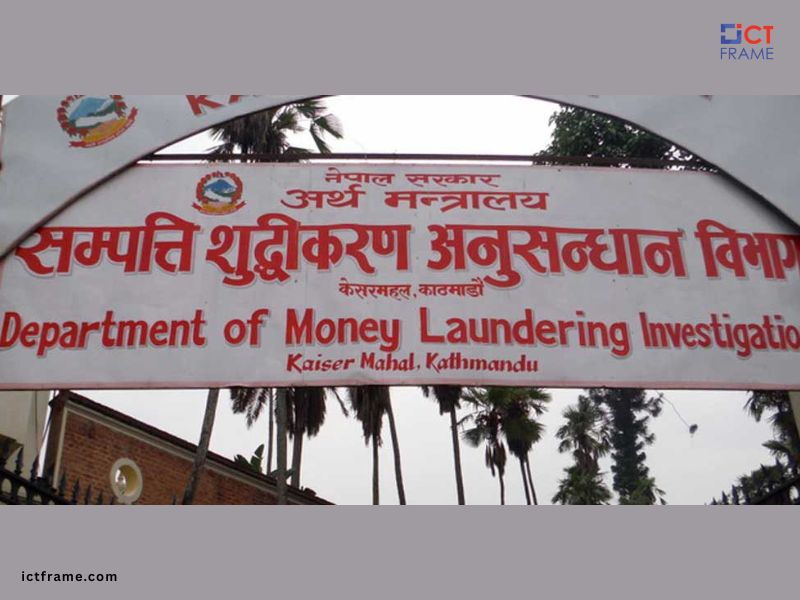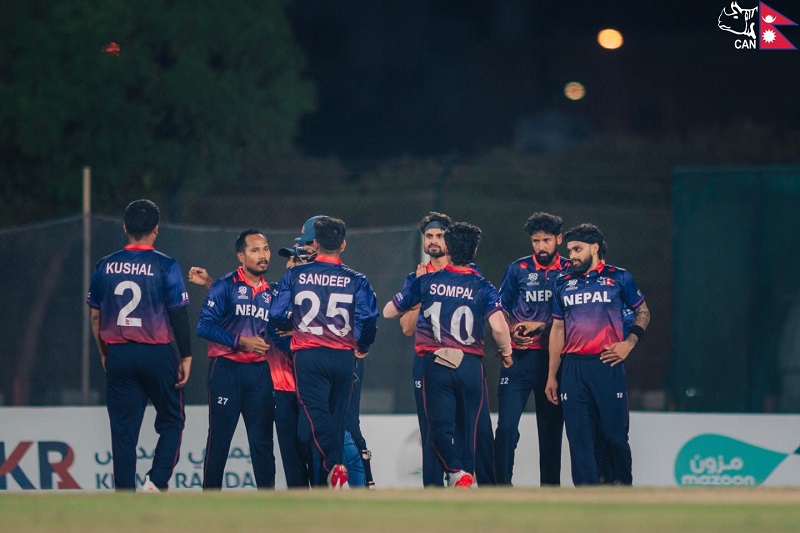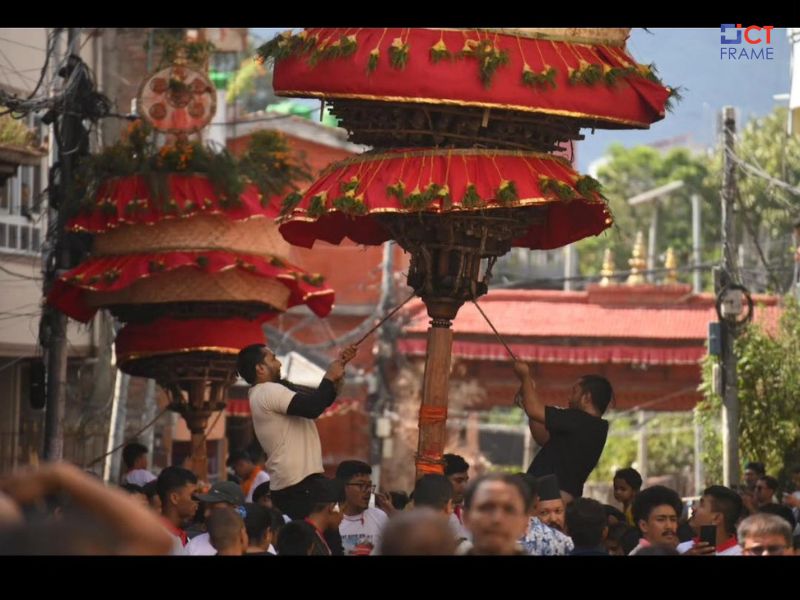DMLI Launches Mega Probe: Nepal’s Top Political Leaders’ Assets Under Scrutiny
8th October 2025, Kathmandu
The Department of Money Laundering Investigation (DMLI) has initiated a sweeping probe into the assets of Nepal’s top three political figures.
DMLI leaders asset probe
This massive investigation directly targets KP Sharma Oli, Sher Bahadur Deuba, and Pushpa Kamal Dahal (Prachanda).
The scope also includes their close relatives and associates. The central focus is on illicit wealth accumulation, policy corruption, and abuse of public office.
The DMLI leaders asset probe signals a new chapter in Nepal’s anti-corruption drive. DMLI has formally requested comprehensive financial data from various government and private agencies.
These requests cover movable and immovable properties, detailed shareholdings, and all financial transactions.
The use of advanced forensic and digital tools in the investigation highlights a significant push towards modernizing anti-corruption efforts, connecting the fight against graft to advancements in the ICT sector.
Digital Forensics and Financial Transparency
Nepal’s corruption scandals increasingly involve complex financial trails. This makes digital and forensic analysis crucial. The DMLI leaders asset probe utilizes modern investigation techniques.
The DMLI’s requests for financial details likely necessitate cooperation from banks and regulatory bodies. Effective scrutiny requires robust digital infrastructure for secure and transparent data sharing.
Delays in Nepal’s e-governance implementation can potentially hinder such high-profile probes. The success of DMLI’s work now depends on the speed and reliability of digitized records.
This demonstrates the critical link between ICT infrastructure and good governance.
A highly significant part of the DMLI’s work involves forensic analysis of digital evidence. Investigators are currently conducting forensic analysis of video footage and other digital trails related to recent arson incidents.
These incidents targeted damaged properties possibly linked to the corruption allegations. The successful extraction and analysis of this digital evidence will be vital for the prosecution of high-level corruption cases.
Key Allegations Against Top Leaders
Each leader faces distinct and serious allegations of financial irregularity. The DMLI is meticulously examining each complaint.
KP Sharma Oli is under investigation for alleged policy-level corruption and illicit wealth accumulation.
Specifically, the DMLI is looking at his connection to two major cases: the Giribhundu Tea Estate and the Gokarna Forest Resort scandals.
Policy corruption occurs when political leaders exploit their power to change state policy or law for personal or group benefit.
Giribhundu Tea Estate Case: This involves allegations that laws were amended to facilitate the illegal land swap and sale of valuable land in Jhapa.
This land was originally protected under land reform laws. The alleged goal was to convert this land into a commercial real estate property, yielding billions in profit.
Gokarna Forest Resort Case: This case involves similar allegations of government decisions favoring a particular business group regarding the resort’s lease extension.
Critics claim the decisions were made at a ministerial level, bypassing due process for financial gain.
Pushpa Kamal Dahal is facing scrutiny over alleged irregularities in the controversial fake combatant case. This historic case involves accusations of misappropriating state funds allocated for former Maoist combatants.
The irregularities allegedly stem from listing non-existent or ineligible individuals as combatants to claim financial benefits.
The investigation focuses on illicit financial transactions and the abuse of public funds intended for a national cause.
Sher Bahadur Deuba and his spouse have their assets under the DMLI’s magnifying glass. The complaint alleges property accumulation through the abuse of public office.
This suggests a pattern of exploiting official power to amass wealth. The DMLI will cross-verify their known sources of income with the reported and discovered assets to detect any unexplained wealth.
This effort is central to the broader anti-money laundering objective.
ICT’s Role in a Corruption-Free Future
The unprecedented scale of this DMLI leaders asset probe emphasizes the need for a stronger national ICT framework. The investigation requires seamless data flow, secure storage, and advanced analytical tools.
A fully implemented e-governance system can significantly combat corruption. Digital land records, transparent financial reporting, and electronic public procurement leave clear digital trails.
This makes high-level corruption much harder to conceal. The DMLI’s reliance on digital records should push the government to prioritize and fully digitize all key governance processes.
This will fortify legal institutions with transparent data. The security of financial data is paramount. The DMLI must rely on government and private agencies to protect and verify the integrity of the data provided.
A cyber-secure data ecosystem is essential to ensure that sensitive financial and property details cannot be tampered with.
This upholds the fairness and integrity of the entire investigation process. The future of anti-corruption in Nepal is clearly tied to its digital security and compliance infrastructure.
Conclusion
The DMLI leaders asset probe represents a watershed moment in Nepal’s fight against corruption. By targeting the nation’s most powerful political figures, the DMLI sends a strong message of accountability.
It also showcases the vital role of modern investigative technology, underscoring how an improved ICT framework is essential for achieving good governance and financial transparency.
Public expectation is high as the DMLI works to finalize its findings, promising a significant update on the state of political integrity in Nepal.
For more: DMLI leaders asset probe






